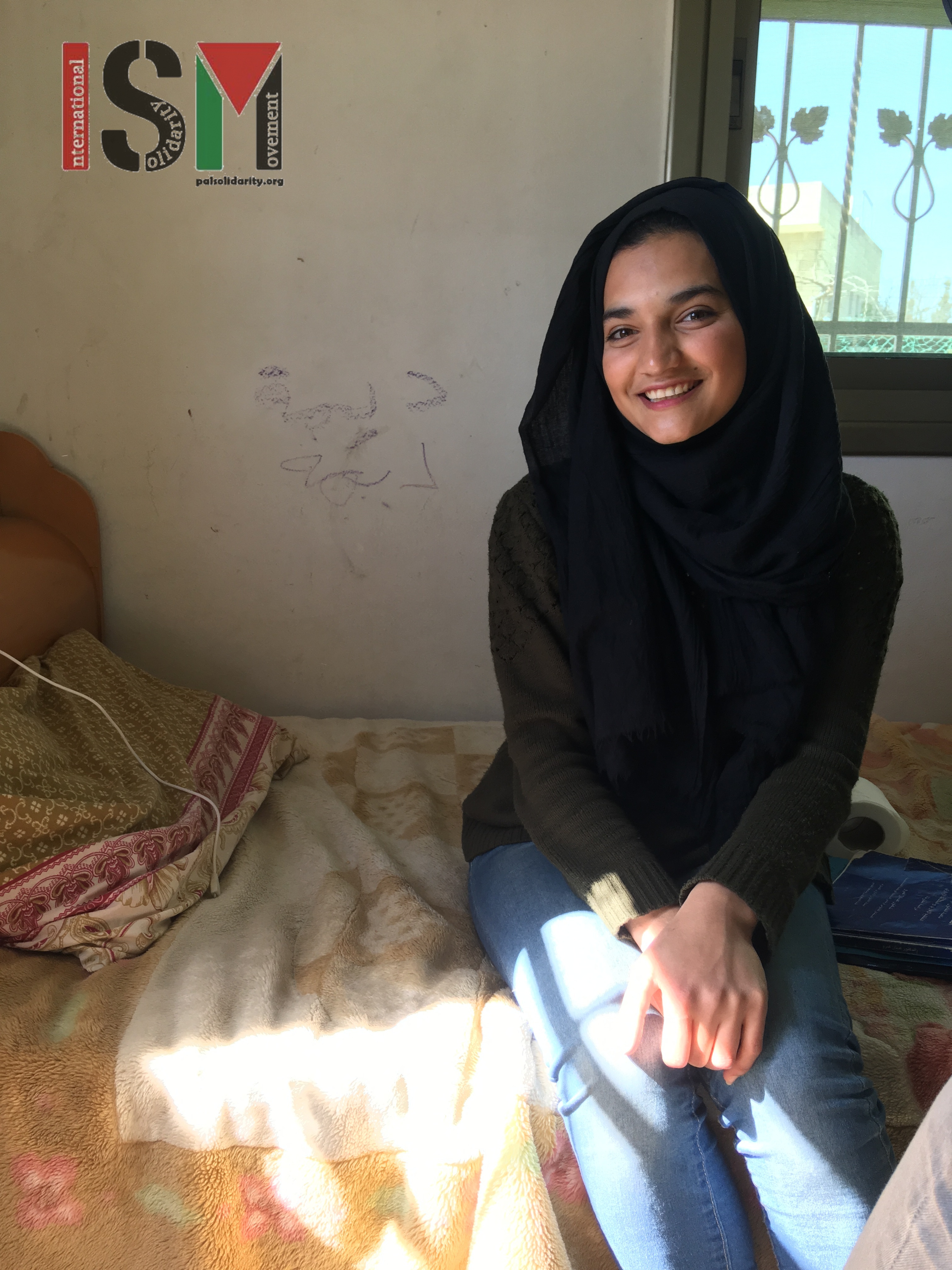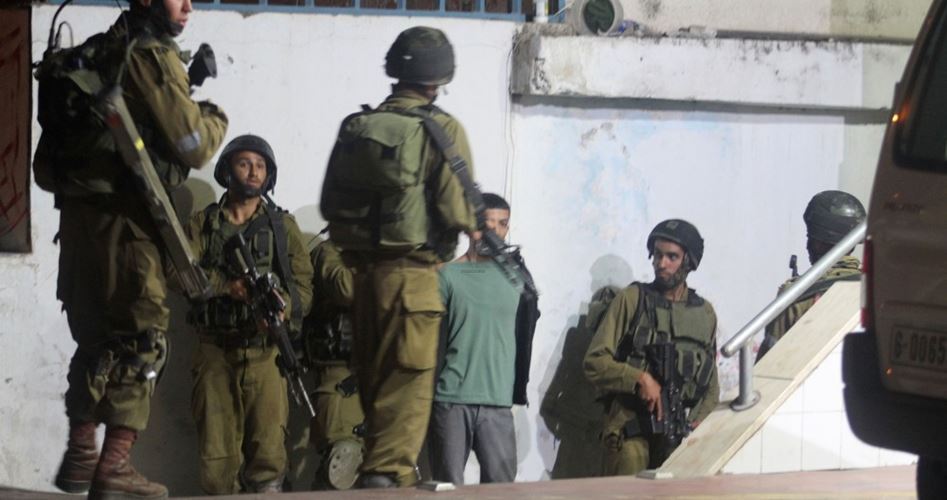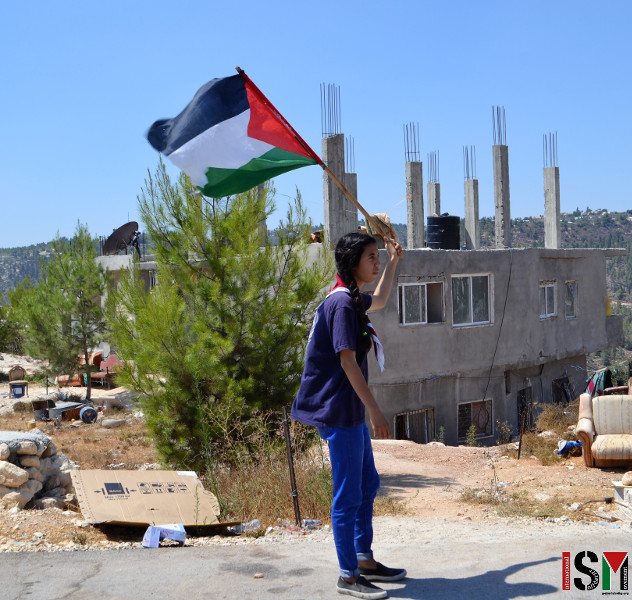Tag: Night Raid
-
A recollection of Dima al-Wawi’s imprisonment and a remembrance of Hamza Zamara
18th March 2018 | International Solidarity Movement, al Khalil team | Occupied Palestine Two years ago Dima al-Wawi woke up for school feeling sick. Her throat hurt and her lymph nodes were swollen. Her parents were already out of the house, on their land that is split in two by the illegal settlement Karmi Zur…
-
Young Palestinians being arrested by Israeli soldiers in Yabad
December 25th 2017 International Solidarity Movement, Nablus Team | Occupied Palestine | Yabad | North Palestine. Around Yabad there are two big Israeli settlements. In the last few weeks the repressive action by the Israeli army on Yabbad’s Palestinian people has escalated. Several Teenagers have been arrested, they were taken out from their homes on night raides. Raiding his house,…
-
Protest against house demolition in al-Walaje
19th August 2017 | International Solidarity Movement | Al-Khalil team, Occupied Hebron Friday 18th of August, the villagers from al-Walaje, a village near Bethlehem, were peacefully protesting the demolition orders of 22 houses in their village. The residents received the demolition order last month. The Israeli forces want to demolish the houses in order to expand…



